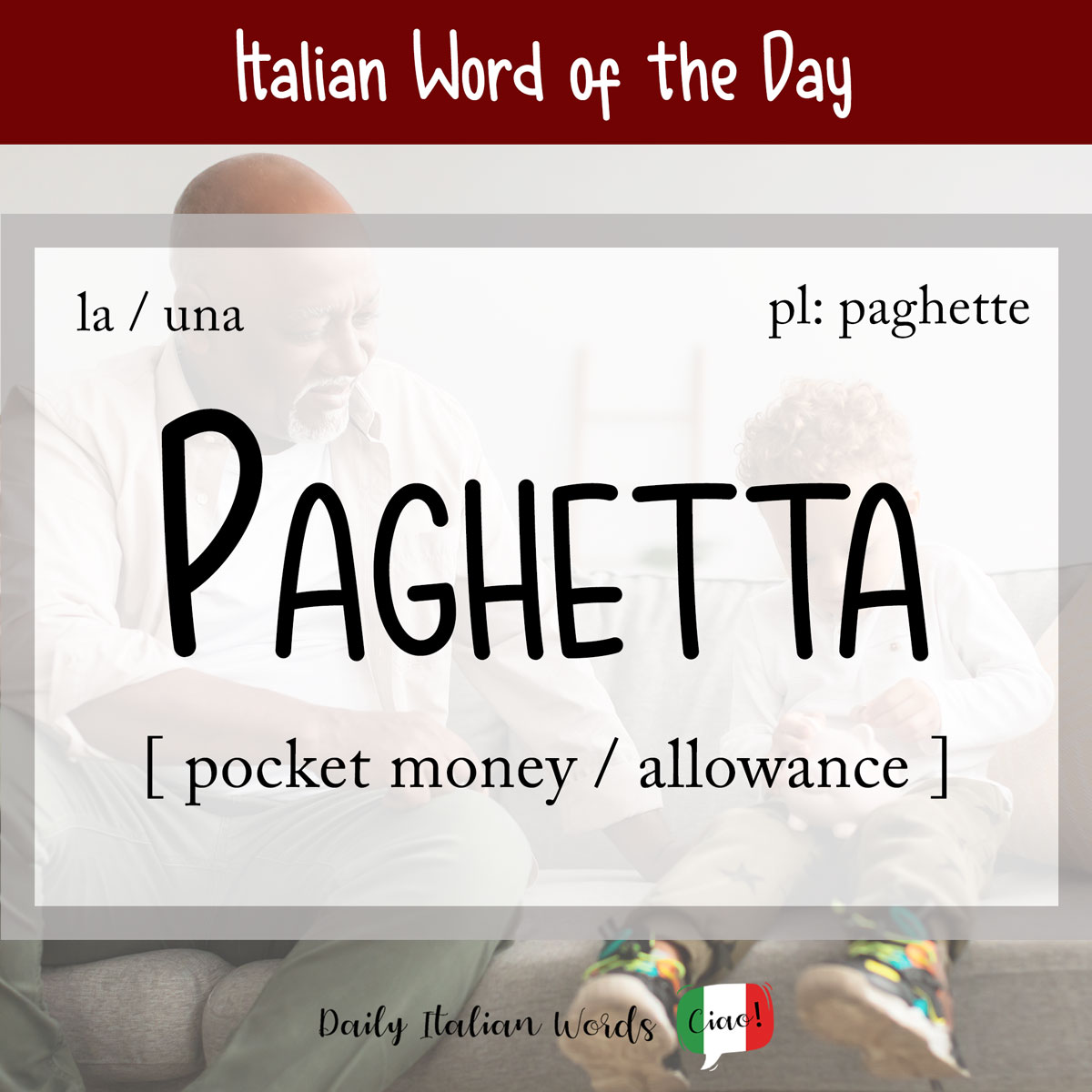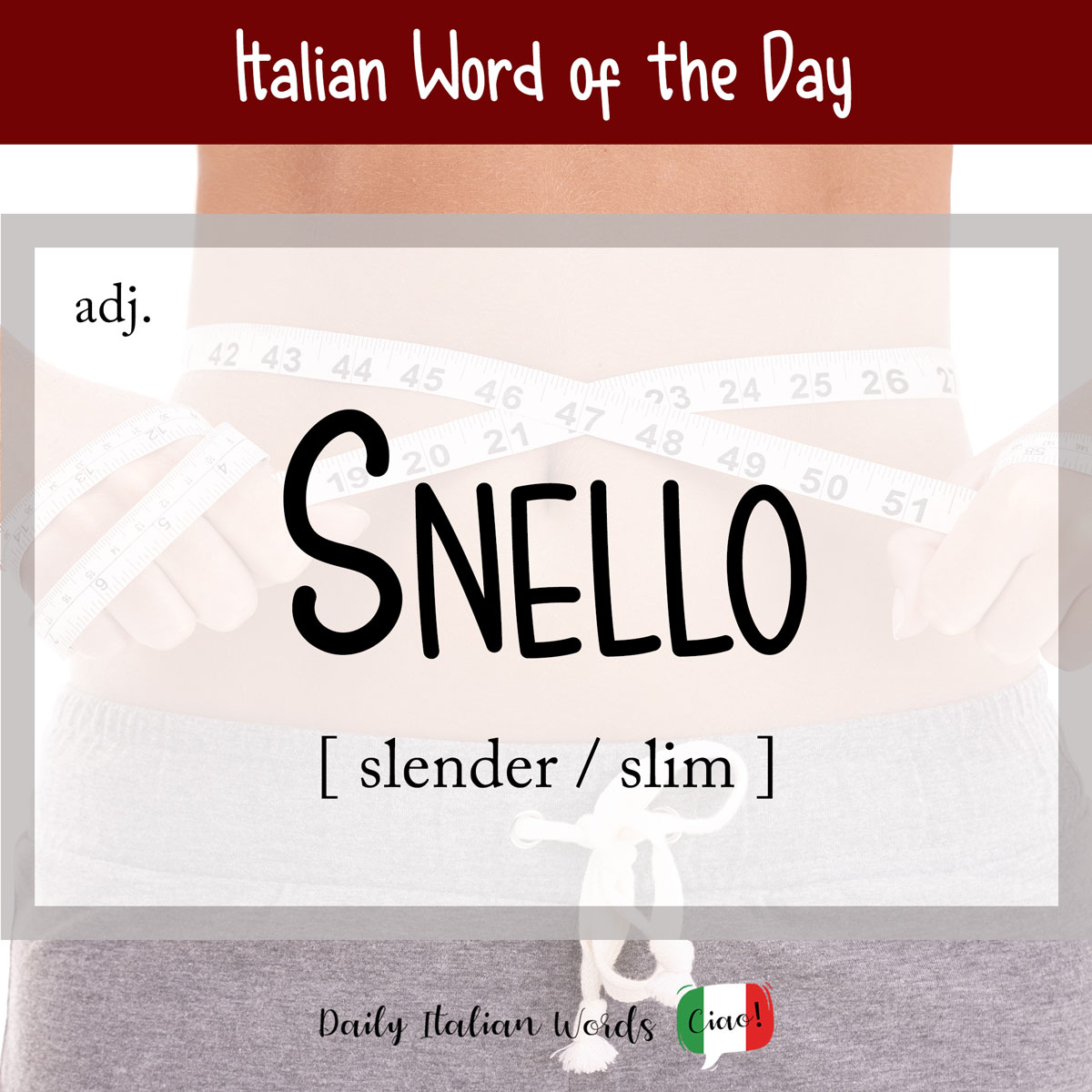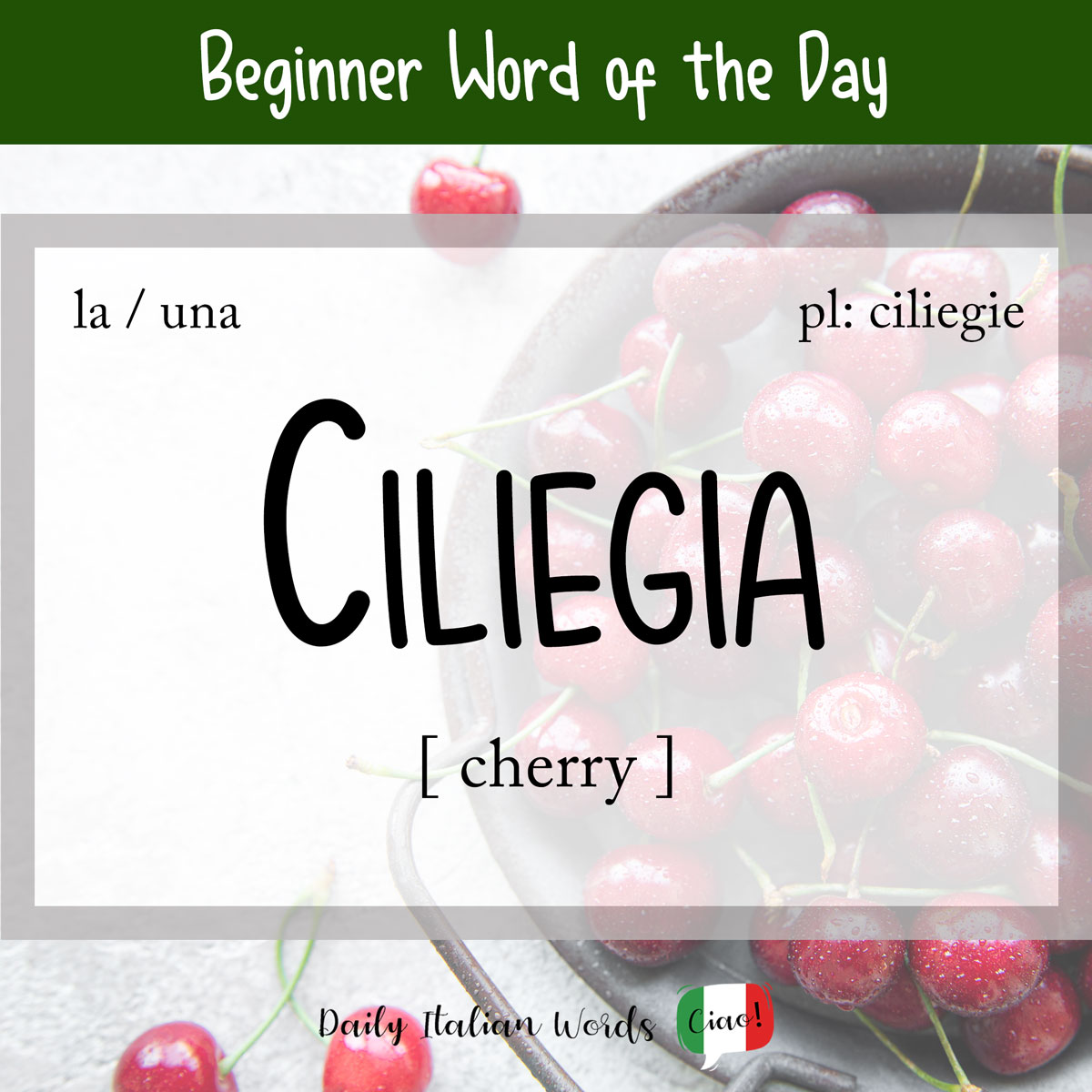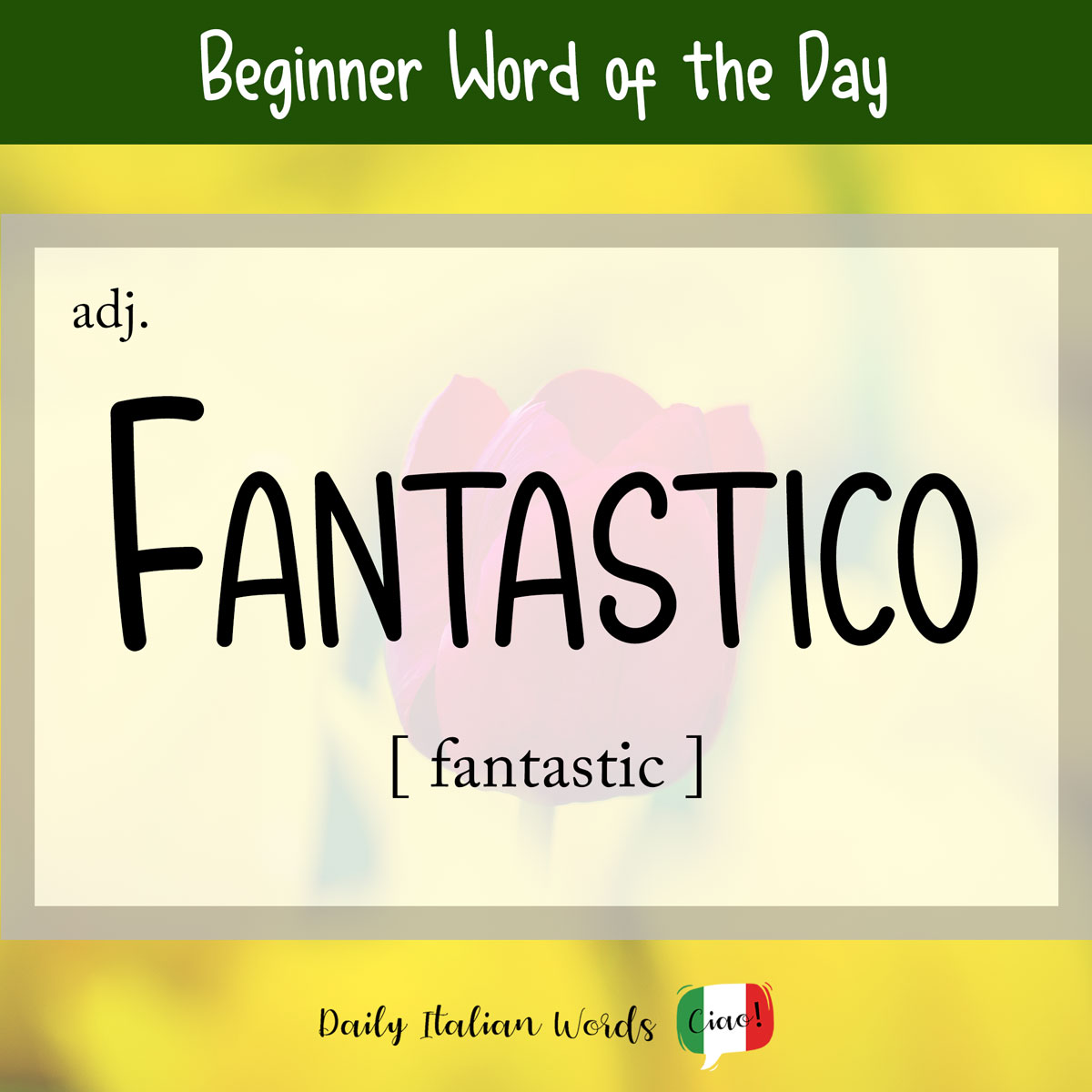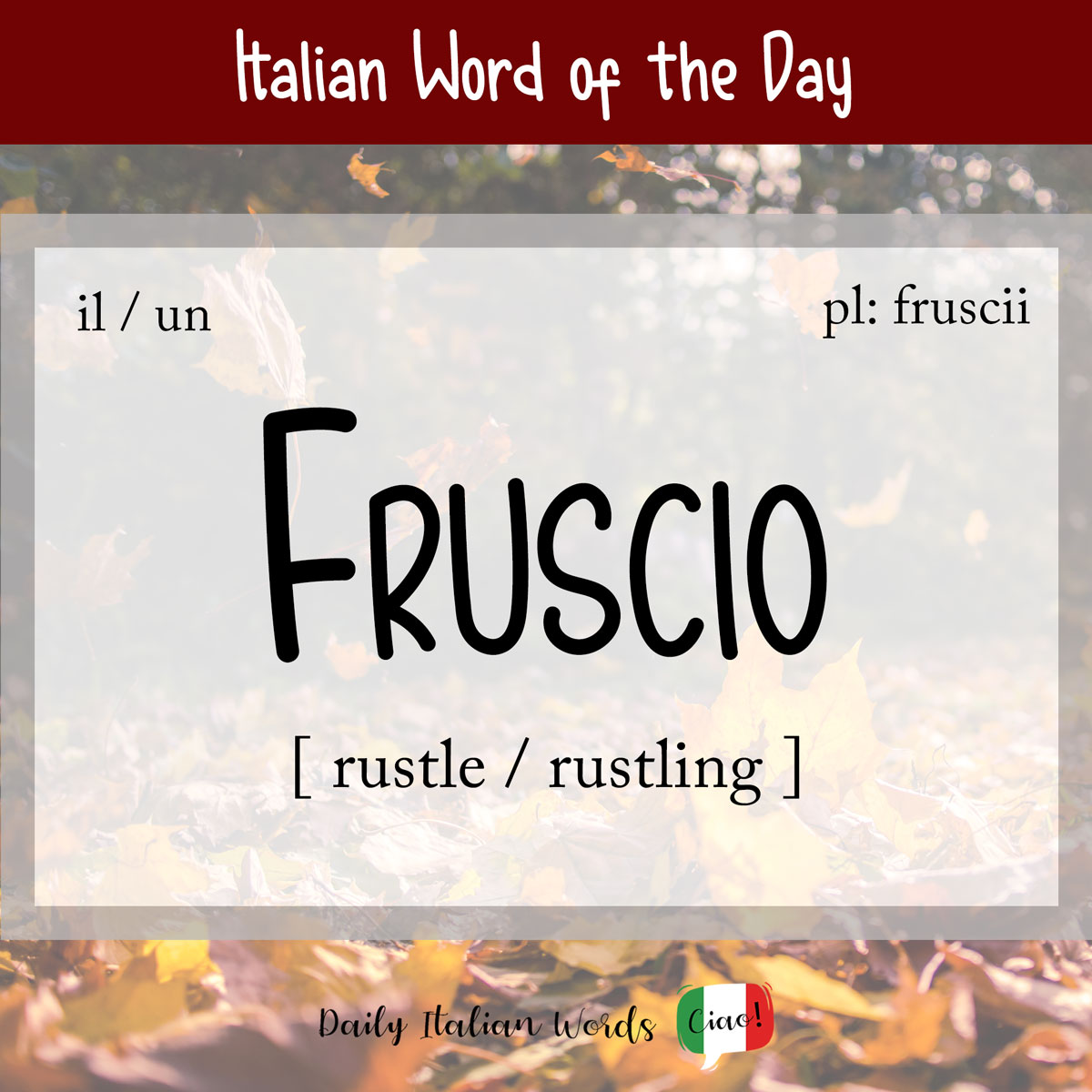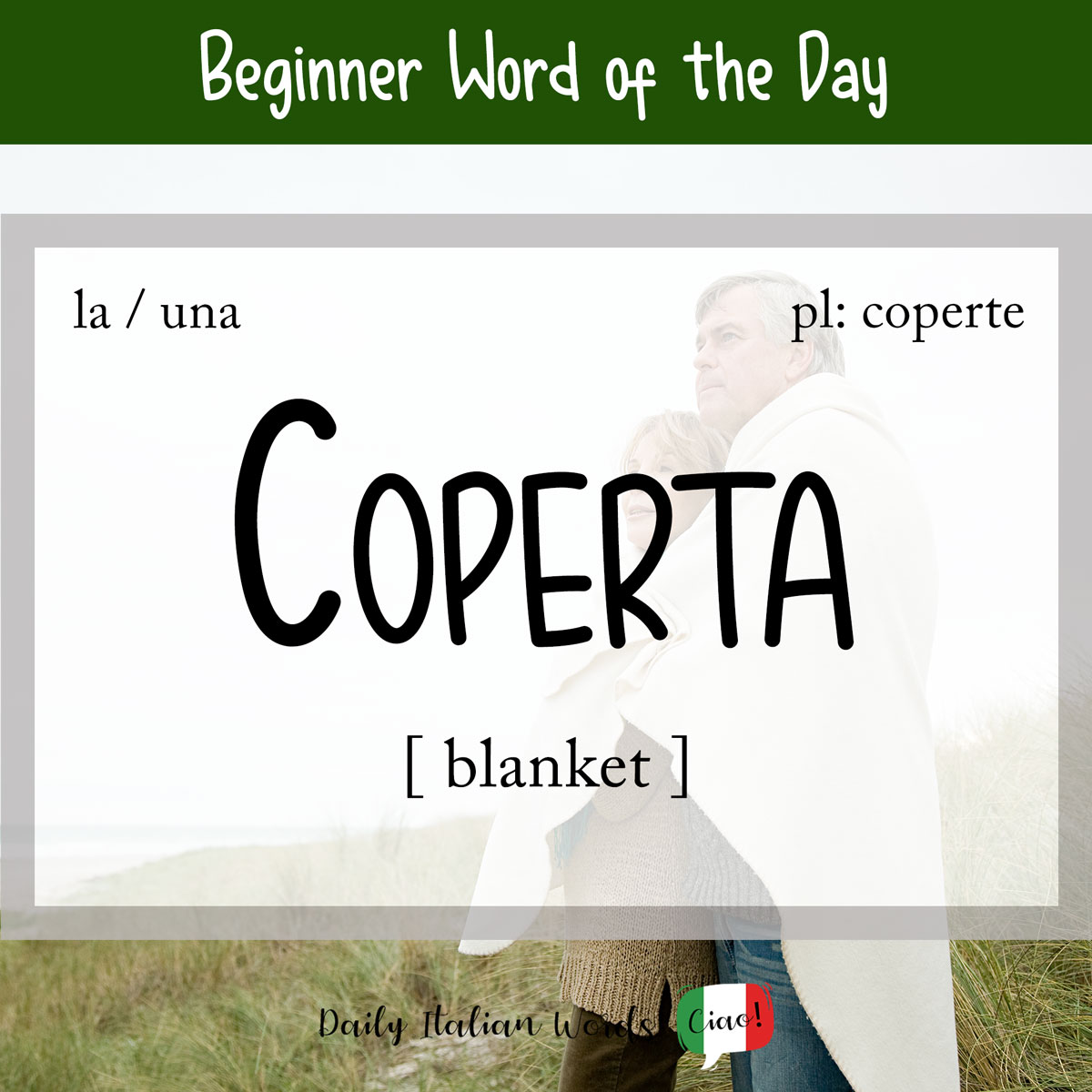Italian Word of the Day: Paghetta (pocket money / allowance)
When I was a child, I would always look forward to Saturday mornings, as that was the day I’d receive a dollar from my dad to put towards whatever toy I was hankering after at the time. In Italian, the word for pocket money or allowance is paghetta (feminine, plural: paghette). Paghetta is the diminutive …

